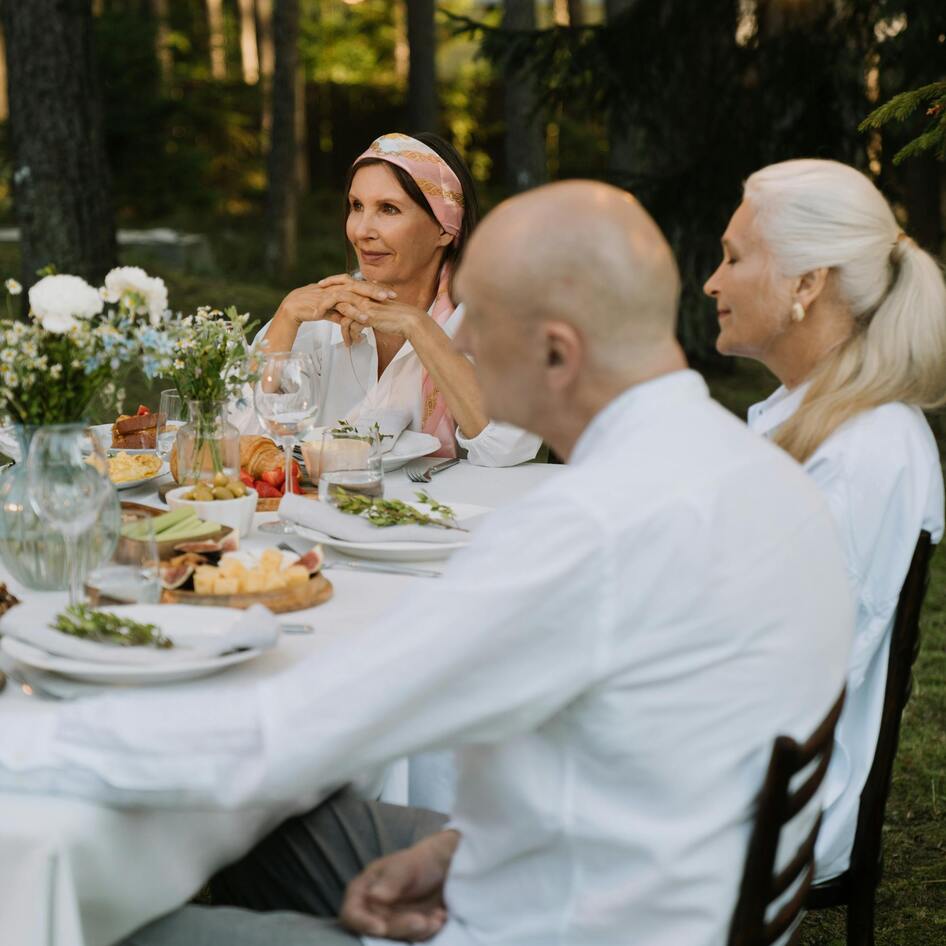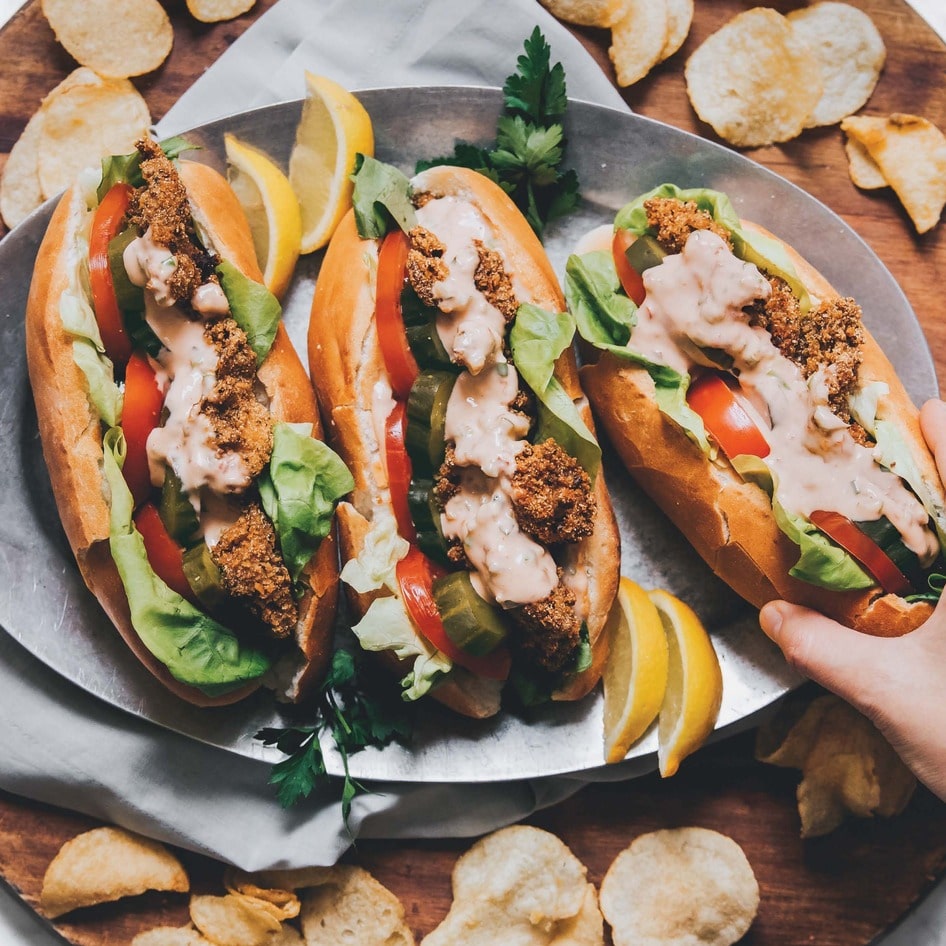6 Relationship Survival Tips for Inter-Dietary Couples
With openness, love, compromise, and a little research, you can make a vegan/non-vegan relationship work for the long-term.
February 20, 2017
So you met that special someone at a Valentine’s Day speed-dating event, and so far everything is perfect … except for his or her diet. If this sounds like your current situation, don’t worry because couples fall in love for many reasons, and sometimes opposites really do attract. That said, if you’re vegan and your new partner eats meat, you’re probably already wondering how long this relationship can last. Our differences make us unique and attractive to others, which is why vegans and non-vegans can coexist and grow to love each other. Based on this belief, we’ve created six relationship survival tips to remove the stress from your budding romance. And who knows? After learning about all the amazing benefits of a plant-based diet, your partner might come around to the world of veganism!
1. Have conversations regarding food choices
Similar to so many other relationship issues, dietary disputes can often be overcome through positive communication. Before you get too far into your relationship, have an honest discussion regarding what your food choices mean to you and openly listen to what your partner has to say as well. Not only will this help you get to know each other better but it can help you decide whether or not this is the person with whom you want to be partnered. Also, addressing these issues early (especially if you imagine having children with this person someday) is a wise idea because doing so can prevent animosity—one of the key reasons relationships disintegrate—from building up over time
2. Respect each other’s beliefs
While it might be impossible to adhere to your partner’s beliefs when it comes to meat, it’s still important to show respect to someone you love. Admittedly, this is difficult for vegans who keep meat out of their lives for moral reasons and for meat-eaters who were raised eating meat, but if your relationship is truly special, try to keep an open mind and resist the temptation to make your partner feel guilty. You don’t have to agree with your partner on everything, but that doesn’t mean that you can’t coexist peacefully and mindfully.
3. Store meat and non-meat foods in different places
As a practical matter, separate storage areas for vegan and non-vegan foods can really help couples tolerate each other’s preferences. Designate cupboards and refrigerator shelves for meat and non-meat products so that meat doesn’t touch the vegan foods and nothing gets mistakenly switched around. And while the idea of someone else doing your dishes is always welcomed, having each person wash his or her own pots, pans, and plates might be the best solution so the vegan partner doesn’t have to handle meat residue and the meat-eater isn’t stuck doing all the work.
4. Make vegan-based meals
When cooking together at home, prepare the foundation of your meals using only vegan ingredients. Adding meat to stir-fry dishes, pastas, and salad entrées is easy (if your partner insists), but removing meat and meat juices once a meal has been cooked is impossible. Or, set a goal to fully share one meal together with vegan protein sources. However, not every vegan is as tolerant as the next, and this ethical issue needs to be addressed early in a relationship. For example, some vegans can’t stand to be in the same room where meat is being prepared, while others accept this practice as long as they don’t have to cook or eat it. Being mindful of these facts can help avoid drama as the relationship progresses.
5. Look at menus before picking a restaurant
Dining out can be a challenge for inter-dietary couples, so look for restaurants that serve a mix of both vegan and animal-based foods. This research often requires someone looking up menus online or calling restaurants to ask about food options and kitchen preparation. Then, as your relationship progresses, make a list of local restaurants that you both enjoy so you don’t have to research new places every time you go out.
6. Experience new cuisines together
One of the most exciting things about food is that there are so many different types to explore, so don’t box yourself and your partner into just one type of restaurant. Instead, get adventurous, and be willing to experiment with food from different cultures. Many Indian, Middle Eastern, Ethiopian, and Korean cuisines have vegan staples that are undeniably delicious.
Chris Willitts is the founder of VegetarianBodybuilding.com, creator of V3 Vegan Bodybuilding and Mindful Strength, and a contributing writer for Muscle & Fitness, Vegan Health and Fitness Magazine, and Natural Muscle Magazine.
JUMP TO ... Latest News | Recipes | Guides | Health | Subscribe







